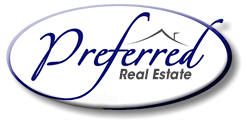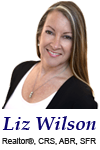Escrow – A neutral third party holds documents and money for a real estate transaction and ensures that all conditions of a sale are met. Also refers to a special account that a lender uses to hold a borrower’s monthly payments on property taxes and insurance.
The amount of money that you will be required to come up with at escrow depends on a number of factors, including the cost of the house and the type of mortgage you get. In general, you need to come up with enough money to cover three costs: earnest money – the deposit you make on the home when you submit your offer, to prove to the seller that you are serious about wanting to buy the house; the down payment, a percentage of the cost of the home that you must pay when you go to settlement; and closing costs, the costs associated with processing the paperwork to buy a house.
When you make an offer on a home, your real estate broker will put your earnest money into anescrow account. If the offer is accepted, your earnest money will be applied to the down payment or closing costs. If your offer is not accepted, your money will be returned to you. The amount of your earnest money varies.
The more money you can put into your down payment, the lower your mortgage payments will be. Some types of loans require 10-20% of the purchase price. That’s why many first-time homebuyers turn to HUD’s FHA for help. FHA loans require only 3% down – and sometimes less.
Closing costs – which you will pay at settlement – average 3-4% of the price of your home. These costs cover various fees your lender charges and other processing expenses. When you apply for your loan, your lender will give you an estimate of the closing costs, so you won’t be caught by surprise. If you buy a HUD home, HUD may pay many of your closing costs.

